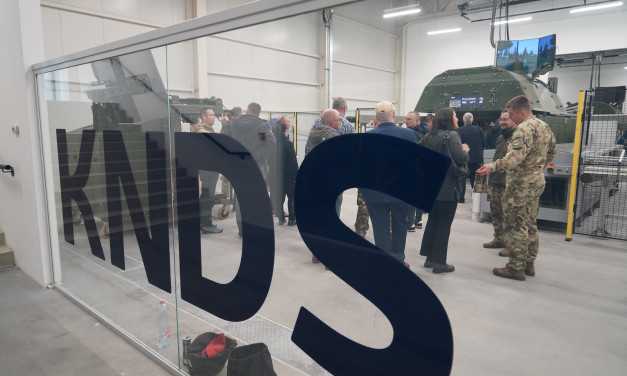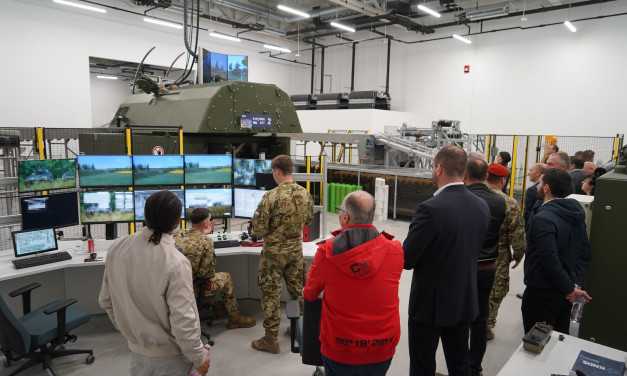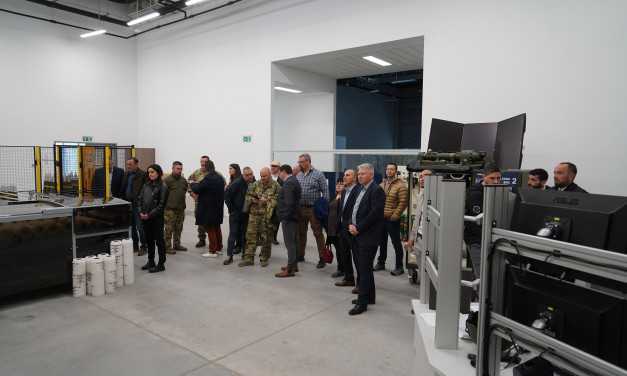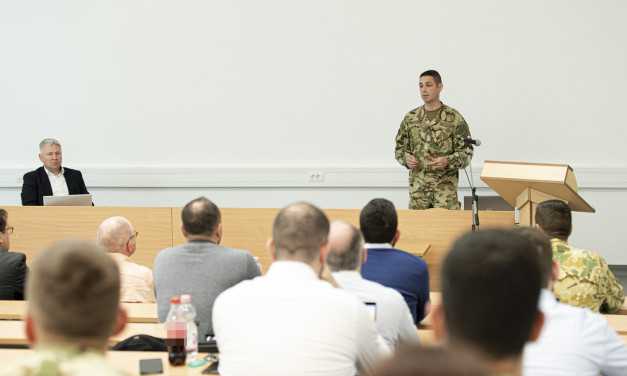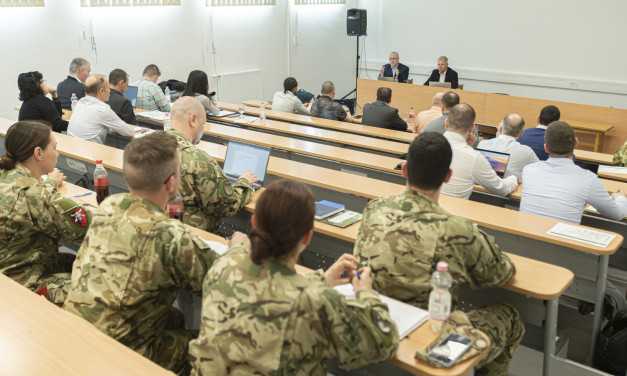International cooperation for the artillery of the future
PzH 2000 modernization program launches in Tata
Text: Major Péter Dallos, First Lieutenant Barna Farkas | Photo: HDF 1st Armored Brigade | 13:23 April 23, 2025Between 14-16 April, the Hungarian Defence Forces 1st Armored Brigade hosted a prestigious international professional event. The formation session of the Service Life Extension Program (SLEP) launched with NATO’s support was held in Tata, Hungary as a first, crucial step in the comprehensive modernization process of the PzH 2000 self-propelled howitzers.
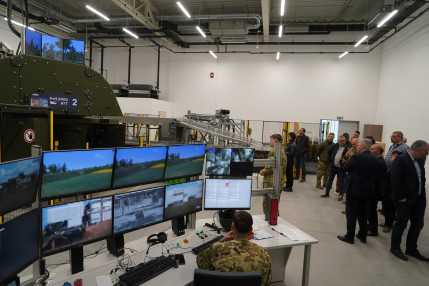
The PzH 2000 self-propelled howitzer is one of the state-of-the-art artillery systems in the world with the highest firepower. Although the variant PzH 2000HU that entered service in the Hungarian Defence Forces is among the most modern versions of the type, the original development of the system goes back to the late 1980s, thus some of its key technological elements are by now obsolete. The launch of the program, therefore, is needed primarily to provide technological modernization, long-term operability and to incorporate lessons learned on the battlefield – especially those of the Russo-Ukrainian War. The goal is to define a jointly agreed direction of development which can adapt to the challenges of present-day and future warfare.
The project involves seven countries, namely Germany, Italy, the Netherlands, Croatia, Greece, Lithuania and Hungary. The implementation of the program is coordinated by the NATO Support and Procurement Agency (NSPA), while the technological background is provided by two key players in European defence industry, KNDS and Rheinmetall. The goal is to establish a standard configuration platform which guarantees the reliable operation and sustainability of the system for the participating nations for many years to come.
The conceptual foundations of the SLEP had already been worked out by the German and Dutch partners earlier, and now they are going to be further developed by adapting them to the needs of the other participating countries. The designated goals of the Tata meeting were to deepen this international cooperation and to specify the joint directions of development.
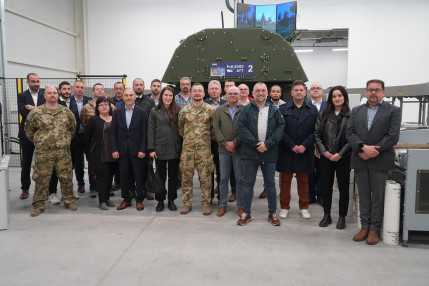
Hungary, and within it the logisticians and artillerymen of the HDF 1st Armored Brigade, are especially honored to have been able to assume a key role in launching the program. This professional role is not only a high-level recognition of the Hungarian Defence Forces’ preparedness, but also contributes to adding to Hungary’s weight in NATO.
The PzH 2000 SLEP program is more than a conventional development project. It is a genuine, exemplary international cooperation, in which the armed forces, defence industry players and international organizations are working together for a common goal. The experiences accumulating during the program may be utilized in the modernization of other military technology systems in the future, laying the foundations for the generation of long-term, sustainable, innovative defence capabilities.
Hungary’s participation in this project is significant not only from a technological aspect, but also as an important diplomatic and professional recognition.
PzH 2000 modernization program launches in Tata
